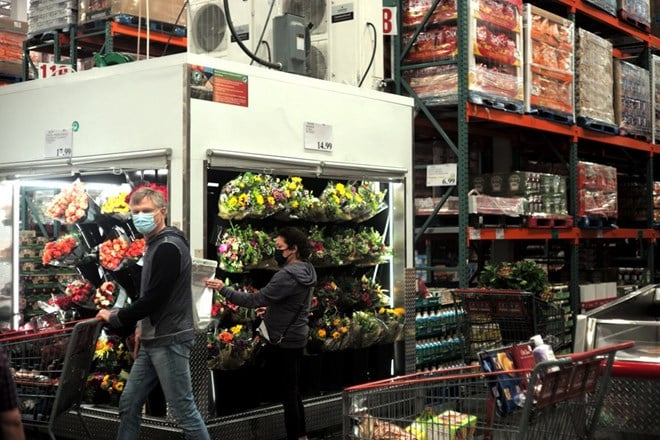
Even as interest rates have soared over the past 18 months, a strong jobs market and strong consumer spending have helped the US economy continue to grow.
This has led to hopes of a soft landing – a time when the Federal Reserve can beat inflation without putting millions of Americans out of work.
However, there are growing signs that the power of the American consumer is beginning to wane.
First, restarting student loan payments on October 1 is expected to cost consumers $8 billion a month. The impact on spending will be huge.
In a Morgan Stanley survey, 37% of respondents said student loan payments would force consumers to cut back on spending in other areas, while 34% said they would not be able to make payments at all.
Elsewhere, gas prices are soaring, with oil prices peaking at some point. There are signs that gas prices could fall next year, but only after things get really bad.
Premiums are skyrocketing for health care, home and auto insurance, hitting Americans' wallets.
Americans' personal savings have also plummeted in the wake of the pandemic, with data from the San Francisco Fed showing that COVID-19 savings could be depleted this quarter.
A US government shutdown seems imminent. In such a scenario, the immediate impact would be stock market volatility and millions of government workers going without pay. The longer this situation lasts, the more serious the situation becomes, making it more likely that the US economy will fall into recession.
In an August economic policy survey, the National Association for Business Economics found that 69% of economists said a “soft landing” was likely – up from 30% in March. Those findings were similar to Bank of America’s July survey, which found 68% of fund managers expected the US economy to slow without a recession.
However, according to a new report this week from the Conference Board, US consumer confidence fell much more sharply in September than expected. According to another survey in August, 84% of respondents believe a recession will occur in the next 18 months.
A Bloomberg Markets Live Pulse survey found that 21% of more than 500 investors expect personal consumption to decline in the fourth quarter. More than 56% said consumption will reverse as early as 2024.
Another negative sign is that the US has accumulated record levels of credit card debt. In addition, delinquencies on credit cards and auto loans, and bankruptcy filings are all on the rise.
Source






![[Photo] Prime Minister Pham Minh Chinh chairs the first meeting of the Central Steering Committee on housing policy and real estate market](https://vphoto.vietnam.vn/thumb/1200x675/vietnam/resource/IMAGE/2025/9/22/c0f42b88c6284975b4bcfcf5b17656e7)







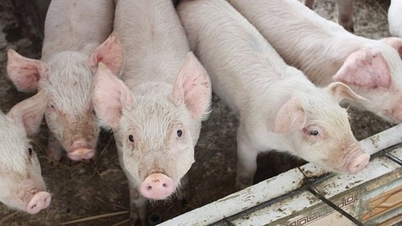






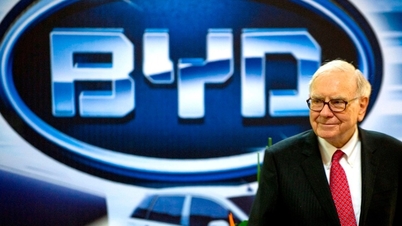
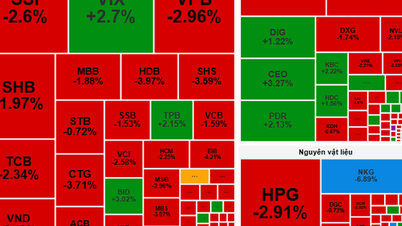













![[Photo] General Secretary To Lam presents the First Class Labor Medal to the Vietnam National Energy and Industry Group](https://vphoto.vietnam.vn/thumb/1200x675/vietnam/resource/IMAGE/2025/9/21/0ad2d50e1c274a55a3736500c5f262e5)





































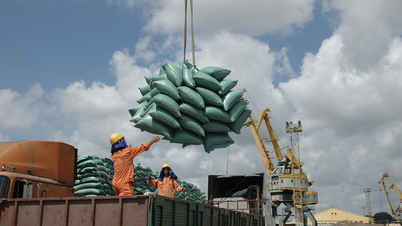




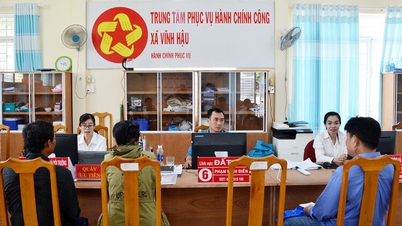




















Comment (0)